Understanding the Mechanism of Chelation Therapy in Treating Colon Cancer in Mexico
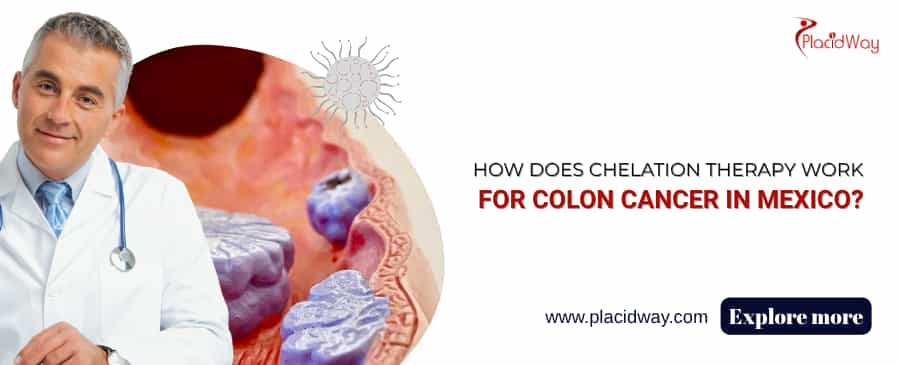
"Chelation therapy in Mexico, when used for colon cancer, is typically offered as a complementary or integrative treatment, aiming to reduce heavy metal toxicity and support the body's natural healing processes rather than being a primary cure for the cancer itself."
Colon cancer, also known as colorectal cancer, is a significant health concern worldwide. While conventional treatments like surgery, chemotherapy, and radiation therapy remain the cornerstone of care, many individuals seek complementary and alternative therapies to support their overall health and potentially enhance treatment outcomes. Mexico has become a notable destination for patients exploring such integrative approaches, including chelation therapy. This blog post will delve into how chelation therapy is utilized in this context, answering common questions about its mechanism, reported benefits, safety, and its role within comprehensive cancer care programs in Mexico. Understanding these aspects can help individuals make informed decisions about their treatment journey.
What is Chelation Therapy?
"Chelation therapy is a medical procedure that involves the administration of chelating agents, which are substances that bind to heavy metals and minerals in the body, facilitating their removal."
Chelation, derived from the Greek word "chele" meaning "claw," refers to the way these agents "clinch" onto metal ions. In conventional medicine, chelation therapy is an FDA-approved treatment primarily used for severe heavy metal poisoning, such as lead, mercury, or arsenic toxicity. The chelating agents form stable, water-soluble complexes with the metals, which can then be safely excreted from the body through urine or feces. This detoxification process is crucial for alleviating the toxic effects of accumulated heavy metals on various bodily systems.
How is Chelation Therapy Proposed to Work for Colon Cancer?
"For colon cancer in Mexico, chelation therapy is often proposed to work by reducing the body's toxic burden, especially heavy metals, which some practitioners believe contribute to chronic inflammation and oxidative stress, thereby supporting the body's immune function and overall healing environment."
While not a direct cancer treatment, the rationale behind using chelation therapy in the context of cancer care, particularly in some Mexican clinics, stems from the idea that heavy metal accumulation can impair cellular function, compromise the immune system, and contribute to an environment conducive to cancer growth. By removing these toxins, the body may be better equipped to respond to other treatments and to heal itself. Proponents suggest that reducing oxidative stress and inflammation, often linked to heavy metal toxicity, can create a less hospitable environment for cancer cells.
What Specific Chelating Agents Are Used in Mexico for Colon Cancer Patients?
"Common chelating agents used in Mexico for colon cancer patients as part of integrative protocols may include EDTA (ethylenediaminetetraacetic acid), DMSA (dimercaptosuccinic acid), and DMPS (dimercaptopropanesulfonate), chosen based on the specific heavy metals identified in the patient's system."
The choice of chelating agent typically depends on the type of heavy metals suspected or identified in a patient's body.
-
EDTA (Ethylenediaminetetraacetic Acid): This is one of the most commonly used chelating agents. While primarily known for its use in lead poisoning, some integrative clinics use it more broadly, believing it can help remove a range of heavy metals and improve circulation by reducing arterial plaque.
-
DMSA (Dimercaptosuccinic Acid): Often administered orally, DMSA is effective in chelating mercury, lead, and arsenic. It is generally considered less toxic than some other agents and can penetrate cells more readily.
-
DMPS (Dimercaptopropanesulfonate): Similar to DMSA, DMPS is effective for mercury and arsenic removal and is often administered intravenously.
These agents are typically administered under medical supervision, often after initial testing to determine a patient's heavy metal burden.
Is There Scientific Evidence Supporting Chelation Therapy for Colon Cancer?
"Mainstream scientific evidence specifically supporting chelation therapy as a direct treatment or cure for colon cancer is limited, with most research focusing on its role in heavy metal detoxification rather than direct anti-cancer effects."
While some studies explore the role of iron chelators in combating cancer by depleting iron, which cancer cells often accumulate, this is distinct from the broader chelation therapy aimed at removing various heavy metals. The primary medical acceptance of chelation therapy remains its use for diagnosed heavy metal poisoning. In the context of cancer, its application in integrative clinics is largely based on theories of detoxification and immune system support, rather than direct tumor targeting. Patients considering this therapy for colon cancer should be aware that it is often considered an adjunctive or complementary treatment within an integrative framework, not a standalone cancer cure.
How is Chelation Therapy Administered in Mexico?
"In Mexico, chelation therapy is typically administered intravenously, where the chelating agent is infused directly into the bloodstream over several hours, often in a series of treatments."
The intravenous route ensures that the chelating agent is delivered directly into the circulatory system, allowing it to efficiently bind with circulating heavy metal ions. The duration and frequency of these infusions can vary depending on the patient's individual needs, the type and severity of heavy metal accumulation, and the specific protocol of the clinic. A typical course might involve multiple sessions over weeks or months. Oral chelating agents might also be prescribed for ongoing detoxification or maintenance.
What are the Potential Benefits of Chelation Therapy for Colon Cancer Patients in Mexico?
"While direct anti-cancer benefits are not scientifically established, proponents of chelation therapy for colon cancer in Mexico suggest potential benefits include reduced oxidative stress, decreased inflammation, improved immune function, and enhanced overall detoxification, which may indirectly support the patient's health during cancer treatment."
-
Detoxification: The primary and scientifically proven benefit of chelation therapy is the removal of toxic heavy metals from the body. Reducing this toxic burden can improve overall physiological function.
-
Reduced Oxidative Stress: Heavy metals can contribute to the formation of harmful free radicals, leading to oxidative stress, which is implicated in cellular damage and disease progression. By removing these metals, chelation therapy may help reduce oxidative stress.
-
Decreased Inflammation: Chronic inflammation is often associated with cancer development and progression. Some heavy metals can trigger inflammatory responses. Removing them could potentially reduce systemic inflammation.
-
Improved Immune Function: A body burdened with toxins may have a compromised immune system. Detoxification through chelation therapy is theorized to support and optimize immune responses, which are vital for fighting cancer.
-
Enhanced Overall Well-being: Patients often report feeling more energetic, having better cognitive function, and experiencing a general improvement in well-being after detoxification treatments. This can be particularly valuable for individuals undergoing demanding cancer therapies.
Are There Any Risks or Side Effects of Chelation Therapy?
"Yes, like any medical treatment, chelation therapy carries potential risks and side effects, including hypocalcemia (low calcium levels), kidney damage, allergic reactions, and the depletion of essential minerals, requiring careful medical supervision and monitoring."
-
Hypocalcemia: A significant risk, particularly with EDTA, is the depletion of essential minerals like calcium, which can lead to dangerously low calcium levels (hypocalcemia) if not properly managed. This can result in muscle cramps, irregular heartbeats, and in severe cases, seizures.
-
Kidney Damage: The kidneys are responsible for excreting the chelated metal complexes. If administered improperly or in patients with pre-existing kidney issues, chelation therapy can put a strain on the kidneys and potentially cause damage.
-
Allergic Reactions: As with any intravenous infusion, there is a risk of allergic reactions to the chelating agents themselves.
-
Depletion of Essential Minerals: Chelating agents are not always selective and can bind to beneficial minerals such as zinc, magnesium, and iron. This necessitates careful monitoring and often supplementation with these essential nutrients during and after therapy.
-
Infusion Site Reactions: Mild discomfort, pain, or irritation at the injection site are possible.
-
Hypotension: A drop in blood pressure can occur during infusions.
-
Fatigue and Nausea: Some patients may experience temporary fatigue, nausea, or headache following treatment.
Due to these risks, chelation therapy should only be administered by qualified medical professionals who can properly assess the patient's health, monitor for side effects, and manage any complications.
How Does Chelation Therapy Fit into a Holistic Cancer Treatment Plan in Mexico?
"In Mexico, chelation therapy is typically integrated into a broader holistic cancer treatment plan that may include conventional therapies, nutritional support, immune-boosting treatments, detoxification protocols, and lifestyle modifications, aiming for a comprehensive approach to patient well-being."
Many clinics in Mexico that offer alternative or integrative cancer treatments emphasize a holistic approach that addresses the entire person, not just the disease. Within such a framework, chelation therapy is seen as one component among many. It is often combined with:
-
Nutritional Therapy: Tailored diets, high-dose vitamin infusions (like Vitamin C), and specific supplements to support cellular health and immune function.
-
Immunotherapy: Treatments aimed at boosting the body's natural immune response against cancer cells.
-
Detoxification Protocols: Beyond chelation therapy, this may include colon hydrotherapy, far-infrared saunas, and liver support.
-
Hyperthermia: Localized or whole-body heat treatments designed to make cancer cells more vulnerable.
-
Mind-Body Therapies: Stress reduction techniques, counseling, and spiritual support to address emotional and psychological well-being.
-
Conventional Treatments: Some integrative clinics in Mexico also work in conjunction with conventional oncology, providing complementary support to standard chemotherapy or radiation.
The idea is that by optimizing the patient's overall health and reducing factors that might hinder recovery, the body is better positioned to fight the disease and tolerate conventional treatments.
What Should Patients Consider Before Undergoing Chelation Therapy for Colon Cancer in Mexico?
"Before undergoing chelation therapy for colon cancer in Mexico, patients should consider seeking a second opinion from a conventional oncologist, thoroughly researching the clinic and practitioners, understanding the specific chelating agents and protocols, discussing potential risks and benefits, and assessing the overall cost and logistical implications."
-
Consultation with Conventional Oncologist: It's crucial to discuss any integrative or alternative therapies with your primary oncologist to ensure they don't interfere with conventional treatments and to understand the full scope of your options.
-
Clinic and Practitioner Vetting: Research the credentials, experience, and accreditations of the clinic and the medical professionals providing the therapy. Look for transparency in their practices and patient testimonials.
-
Detailed Treatment Plan: Request a clear, personalized treatment plan that outlines the specific chelating agents, dosages, frequency, duration, and how chelation therapy integrates with other proposed treatments.
-
Heavy Metal Testing: Ensure that pre-treatment testing for heavy metal levels is conducted to justify the need for chelation and to guide the treatment protocol. Post-treatment testing should also be discussed to monitor effectiveness.
-
Monitoring and Side Effect Management: Inquire about how the clinic monitors patients for side effects and how they manage potential complications, including mineral depletion.
-
Cost and Insurance: Understand the full cost of the therapy, as chelation therapy for cancer is generally not covered by standard health insurance. Factor in travel, accommodation, and other related expenses.
-
Realistic Expectations: Be realistic about the expected outcomes. Chelation therapy is presented as a supportive therapy, not a primary cure for cancer.
How Does Chelation Therapy Compare to Other Detoxification Methods for Colon Cancer?
"Compared to other detoxification methods, chelation therapy is specifically designed for removing heavy metals, whereas other methods like colon hydrotherapy or dietary cleanses focus on broader gastrointestinal or metabolic detoxification, each with different mechanisms and applications for colon cancer patients."
-
Colon Hydrotherapy: This involves flushing the colon with water to remove accumulated waste and toxins. It aims to improve bowel function and is often part of a broader detoxification regimen. While it can remove waste, it does not specifically target systemic heavy metals like chelation therapy.
-
Nutritional Detoxification: This typically involves specialized diets, fasting, or specific supplements to support the liver and kidneys in processing and eliminating toxins. It's a foundational element of many holistic cancer programs, but its ability to remove significant heavy metal burdens is generally less direct than chelation.
-
Far-Infrared Sauna: Using infrared light to induce sweating, far-infrared saunas are believed to help eliminate toxins through the skin. This can be a beneficial complementary approach but differs in its mechanism and efficacy compared to targeted chelation for specific heavy metals.
-
Ozone Therapy: This involves administering ozone gas to the body, often intravenously. It is believed to increase oxygenation, stimulate the immune system, and have antimicrobial effects, but it's not a heavy metal chelator.
Each detoxification method has its unique purpose and mechanism. Chelation therapy stands out for its direct action on binding and removing heavy metal ions from the body. In a comprehensive colon cancer treatment plan, multiple detoxification approaches might be combined for synergistic effects.
What is the Typical Duration of a Chelation Therapy Course for Colon Cancer in Mexico?
"The typical duration of a chelation therapy course for colon cancer in Mexico varies greatly, often ranging from several weeks to several months, depending on the patient's individual needs, the severity of heavy metal toxicity, and the specific clinic's protocol, involving multiple infusion sessions per week."
A full course of chelation therapy is rarely a one-time event. It usually involves a series of intravenous infusions, often administered two to three times a week. The total number of sessions and the overall duration will be determined by the initial heavy metal burden detected, the patient's response to treatment, and the treating physician's assessment of when optimal detoxification has been achieved. Some protocols might also include oral chelating agents for maintenance or between intravenous sessions. Patients should be prepared for a commitment to regular visits over an extended period.
Can Chelation Therapy be Used Alongside Conventional Colon Cancer Treatments?
"Some integrative clinics in Mexico offer chelation therapy as a complementary treatment alongside conventional colon cancer therapies like chemotherapy or radiation, with the aim of reducing systemic toxicity and supporting the body during these more intensive treatments, though this integration requires careful medical oversight."
The philosophy in many Mexican integrative clinics is to combine the best of conventional medicine with complementary therapies. When chelation therapy is used in conjunction with conventional treatments, the aim is often to:
-
Reduce Side Effects: By lowering the overall toxic load, it's theorized that the body may be better able to tolerate the side effects of chemotherapy or radiation.
-
Improve Treatment Efficacy (indirectly): A healthier, less toxic cellular environment might, in theory, allow conventional treatments to work more effectively, though this is not a scientifically proven direct effect of chelation on cancer cells.
-
Support Recovery: Post-conventional treatment, chelation therapy might be used to help the body recover and detoxify from pharmaceutical agents.
However, it is paramount that any concurrent use of chelation therapy with conventional cancer treatments is closely monitored by all treating physicians to avoid potential interactions or adverse effects. Open communication between all healthcare providers is essential for patient safety and optimal outcomes.
What is the Cost of Chelation Therapy for Colon Cancer in Mexico?
"The cost of chelation therapy for colon cancer in Mexico can vary significantly, ranging from a few hundred dollars per session to several thousand dollars for a complete course, depending on the specific chelating agents used, the number of sessions, the clinic's reputation, and whether it's part of a larger comprehensive treatment package."
-
Per Session Cost: Individual chelation therapy sessions might range from $150 to $500 or more.
-
Course Cost: A full course, which could span weeks or months and involve multiple infusions, might cost anywhere from $2,000 to $10,000 or even higher if it's integrated into an extensive inpatient program that includes other therapies and amenities.
-
Factors Influencing Cost:
-
Clinic Reputation and Location: More renowned clinics or those in popular medical tourism destinations may have higher prices.
-
Specific Agents Used: Some chelating agents or combinations might be more expensive.
-
Inclusion in Packages: Often, chelation therapy is part of a larger treatment package that includes consultations, diagnostic tests, nutritional plans, and other complementary therapies, which will increase the overall cost.
-
Diagnostic Testing: Initial and follow-up heavy metal testing will add to the overall expense.
-
It's important for patients to get a detailed breakdown of costs from the clinics they are considering, including all associated fees, before committing to treatment.
Is Chelation Therapy FDA-Approved for Cancer Treatment?
"No, chelation therapy is not FDA-approved as a treatment for colon cancer or any other cancer. Its only FDA-approved use is for severe heavy metal poisoning."
In the United States, the Food and Drug Administration (FDA) has approved chelation therapy solely for the treatment of documented heavy metal toxicity. The use of chelation therapy for cancer, cardiovascular disease, or other conditions is considered experimental and unproven by major medical organizations. Patients considering this therapy should be fully aware of its regulatory status and the lack of scientific consensus on its efficacy for cancer.
How are Heavy Metals Tested Before Chelation Therapy in Mexico?
"Before chelation therapy in Mexico, heavy metals are typically tested through specialized urine tests, often preceded by a 'provocation' dose of a chelating agent to mobilize metals from tissues, and sometimes through hair or blood analysis, to determine the body's heavy metal burden."
-
Provoked Urine Test: This is the most common method. A baseline urine sample is collected, then a small dose of a chelating agent (like DMSA or DMPS) is administered. After a few hours, another urine sample is collected. The chelating agent helps to pull heavy metals out of the tissues and into the bloodstream, where they are then excreted in the urine. A significant increase in metal excretion in the second sample suggests a higher body burden of those metals.
-
Hair Mineral Analysis: Hair samples can provide a historical record of heavy metal exposure over several months, as metals are incorporated into the hair as it grows.
-
Blood Tests: While useful for acute heavy metal poisoning, blood tests primarily show recent exposure and may not accurately reflect the total body burden of metals stored in tissues.
These tests help practitioners identify which heavy metals are present and in what concentrations, guiding the selection of the most appropriate chelating agent and treatment protocol.
What Role Does Detoxification Play in Colon Cancer Care in Mexico?
"In Mexico's integrative cancer clinics, detoxification plays a central role in colon cancer care, aiming to reduce the overall toxic load on the body, improve organ function, enhance immune response, and create an environment less conducive to cancer growth, with chelation therapy being one key component of this strategy."
The philosophy is that a body burdened with toxins, whether from environmental exposure, diet, or metabolic byproducts, is less capable of healing and fighting disease. Detoxification strategies, including chelation therapy, are employed to:
-
Reduce Inflammation: Toxins can trigger chronic inflammation, which is a known promoter of cancer.
-
Support Immune System: A cleaner internal environment allows the immune system to function more efficiently in identifying and attacking abnormal cells.
-
Improve Nutrient Absorption: A healthy gut and liver, unburdened by toxins, can better absorb and utilize essential nutrients needed for healing and cellular repair.
-
Enhance Cellular Function: By removing impediments, cells can operate more optimally, supporting overall health and potentially hindering cancer progression.
-
Alleviate Symptoms: Reducing the toxic load can also help alleviate general symptoms such as fatigue, brain fog, and digestive issues that cancer patients often experience.
Detoxification is seen as a foundational step to prepare the body for other treatments and support long-term wellness.
For those exploring integrative solutions for colon cancer and seeking comprehensive, personalized care that includes approaches like chelation therapy, consider exploring the options available through PlacidWay. PlacidWay connects you with leading clinics in Mexico and worldwide that specialize in advanced alternative and complementary cancer treatments, helping you navigate your healthcare journey with confidence and support.


.png)
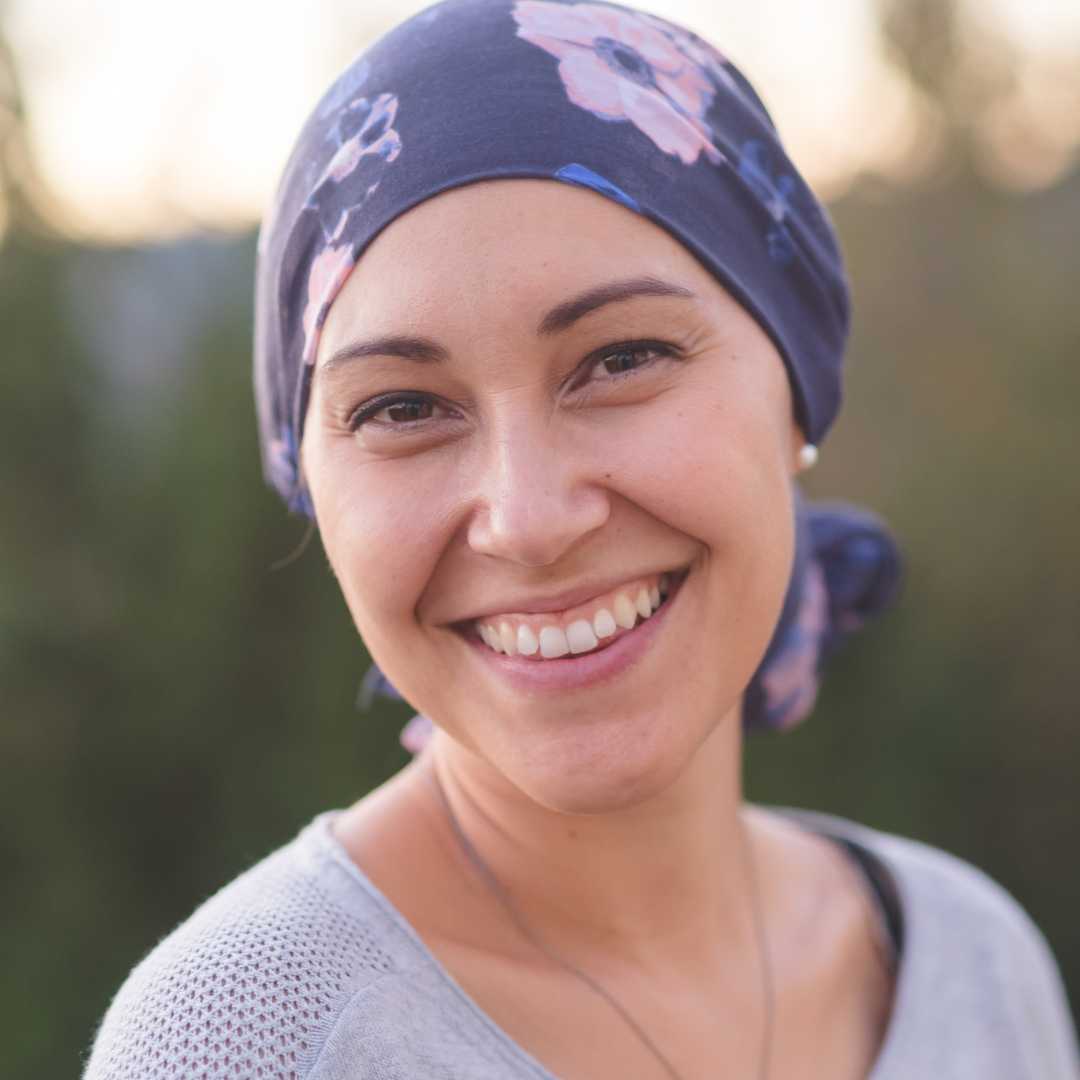

.png)
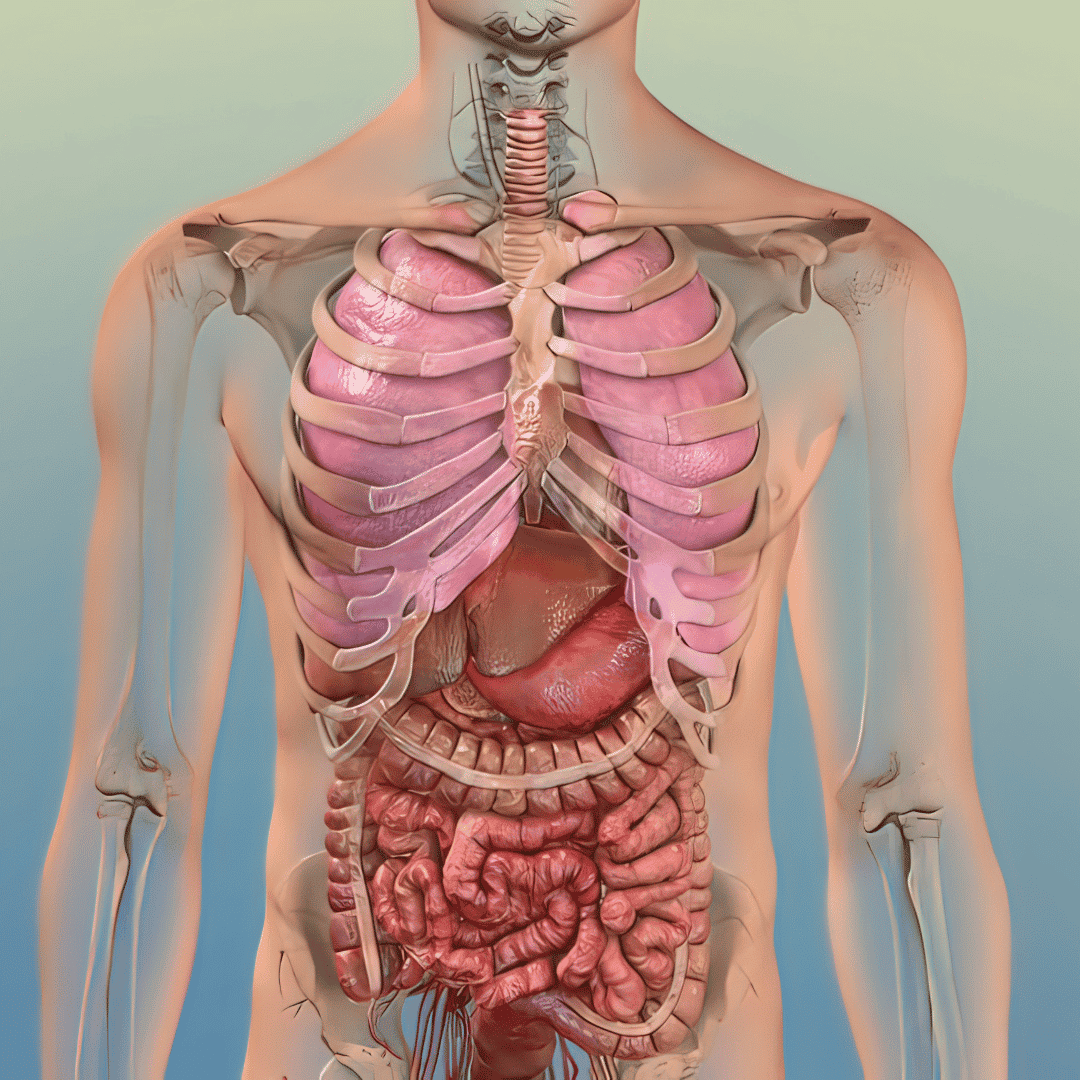




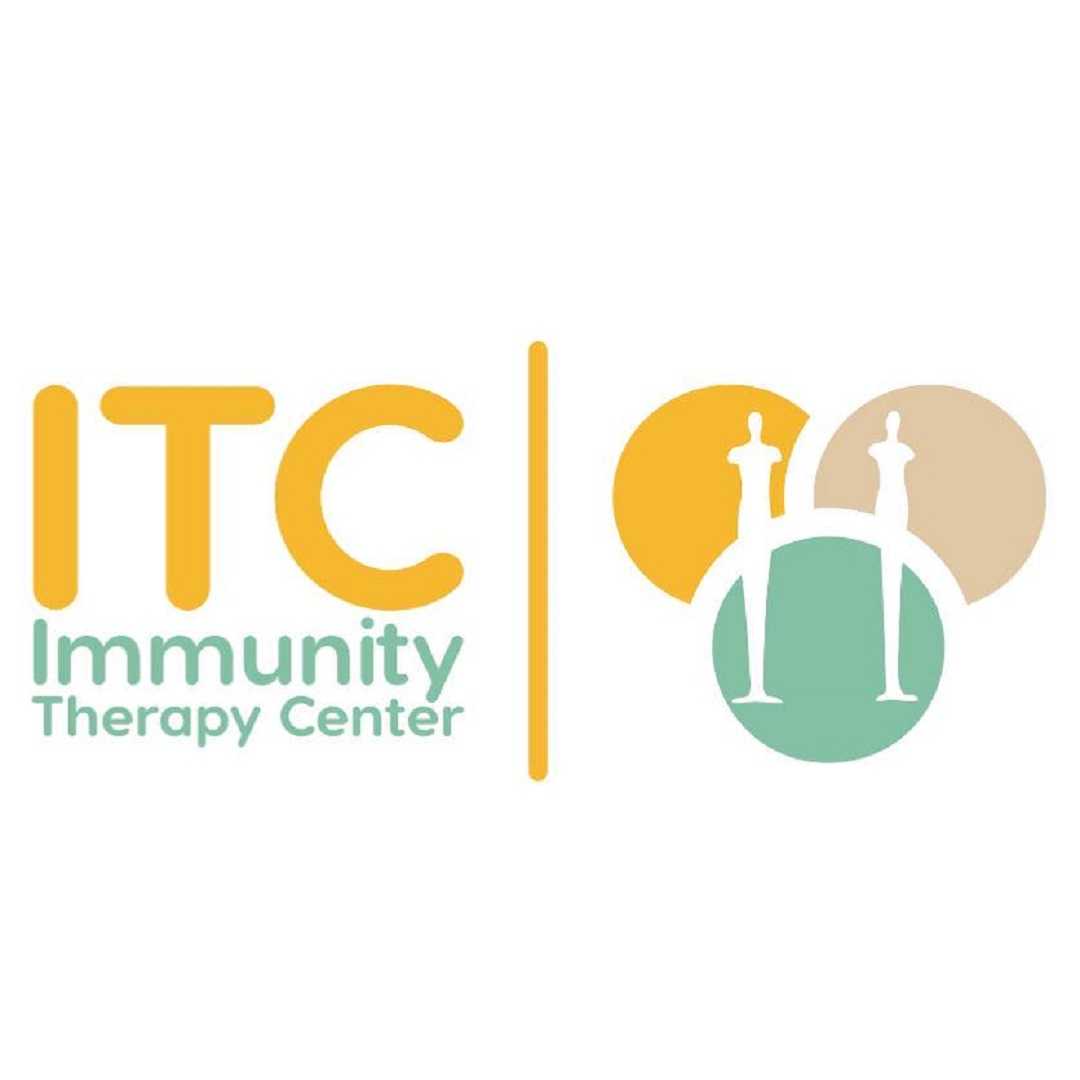
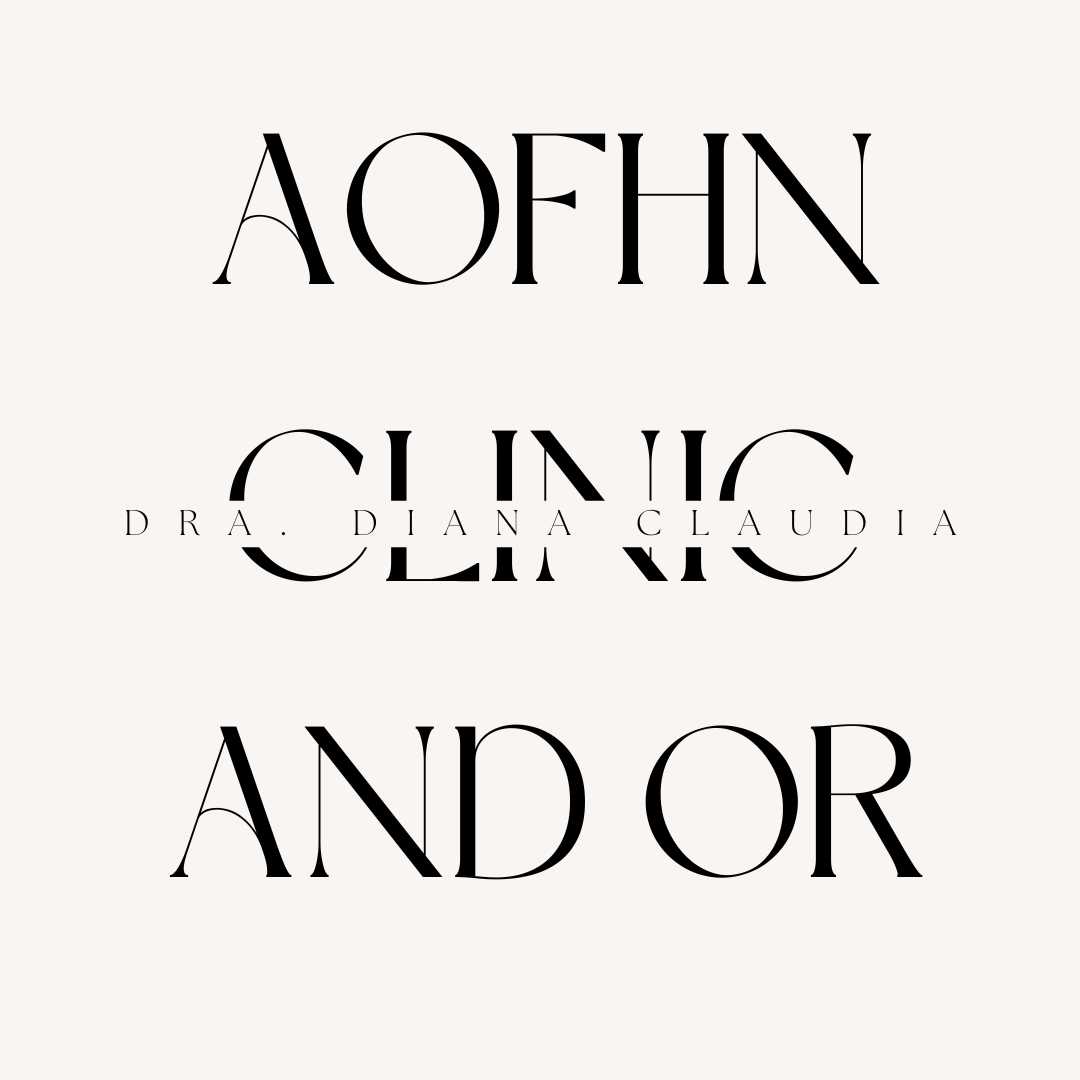
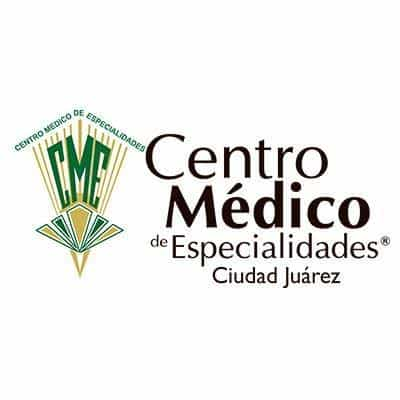
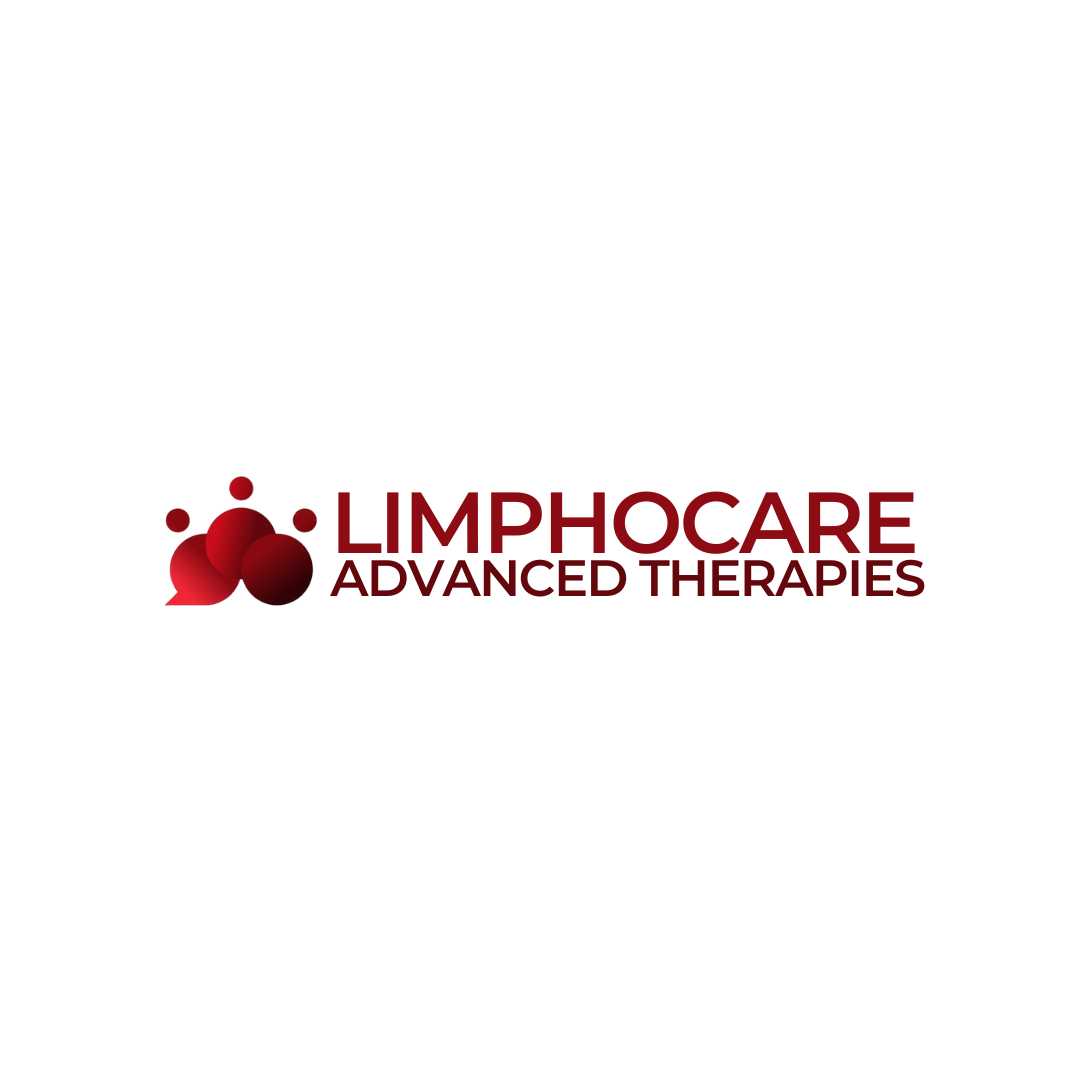
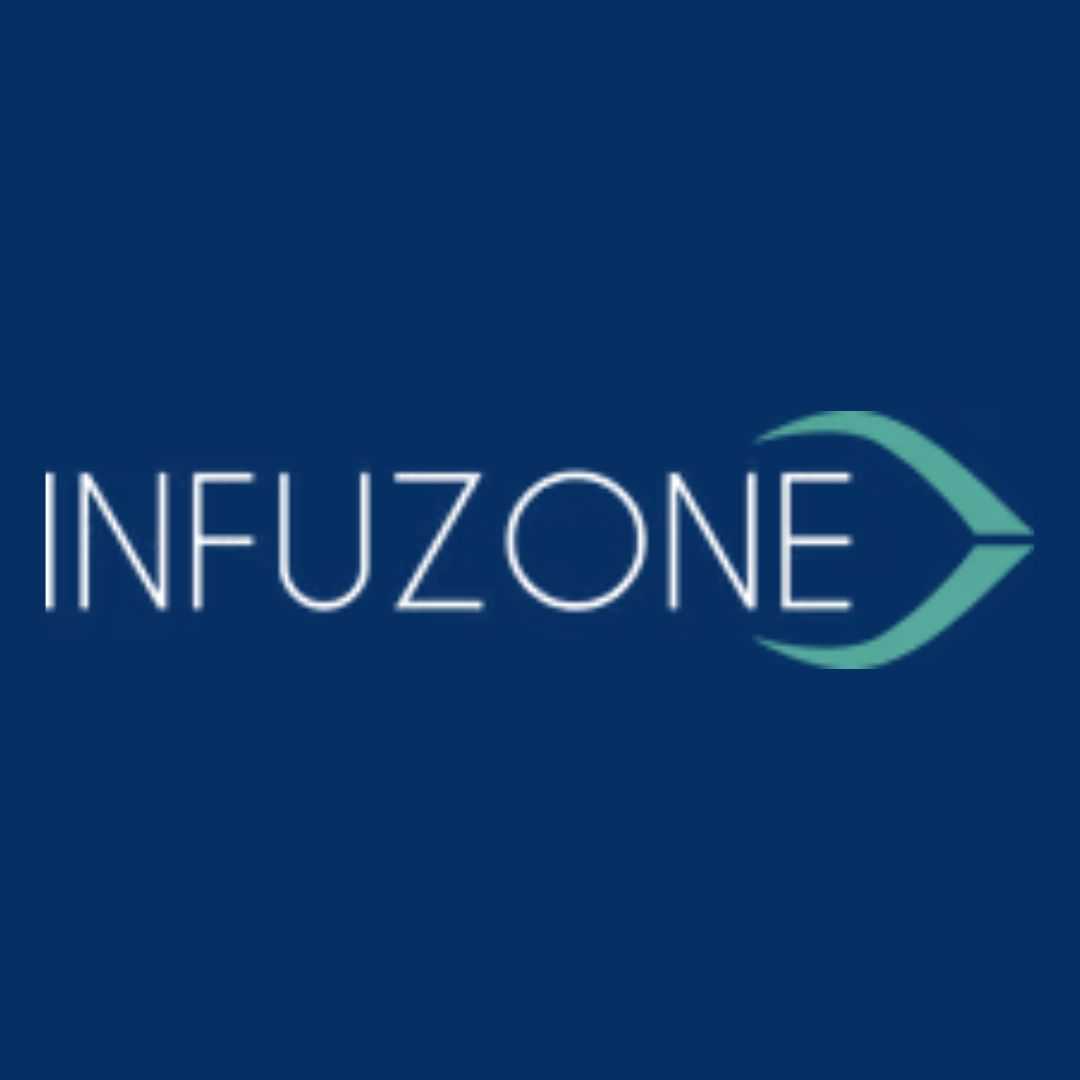

Share this listing